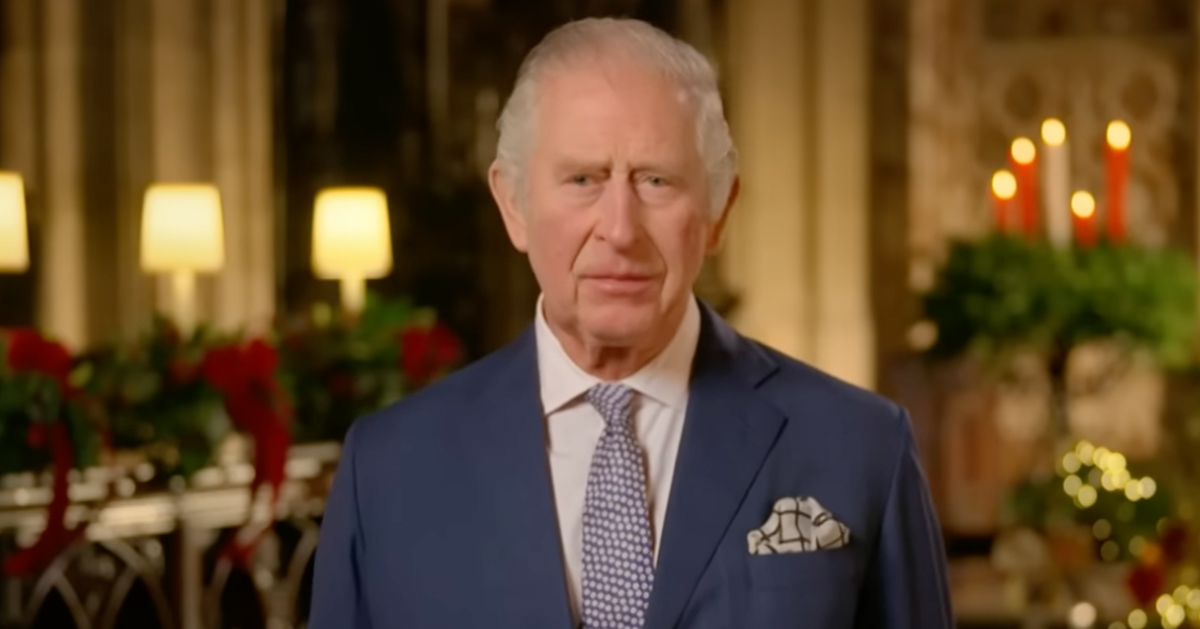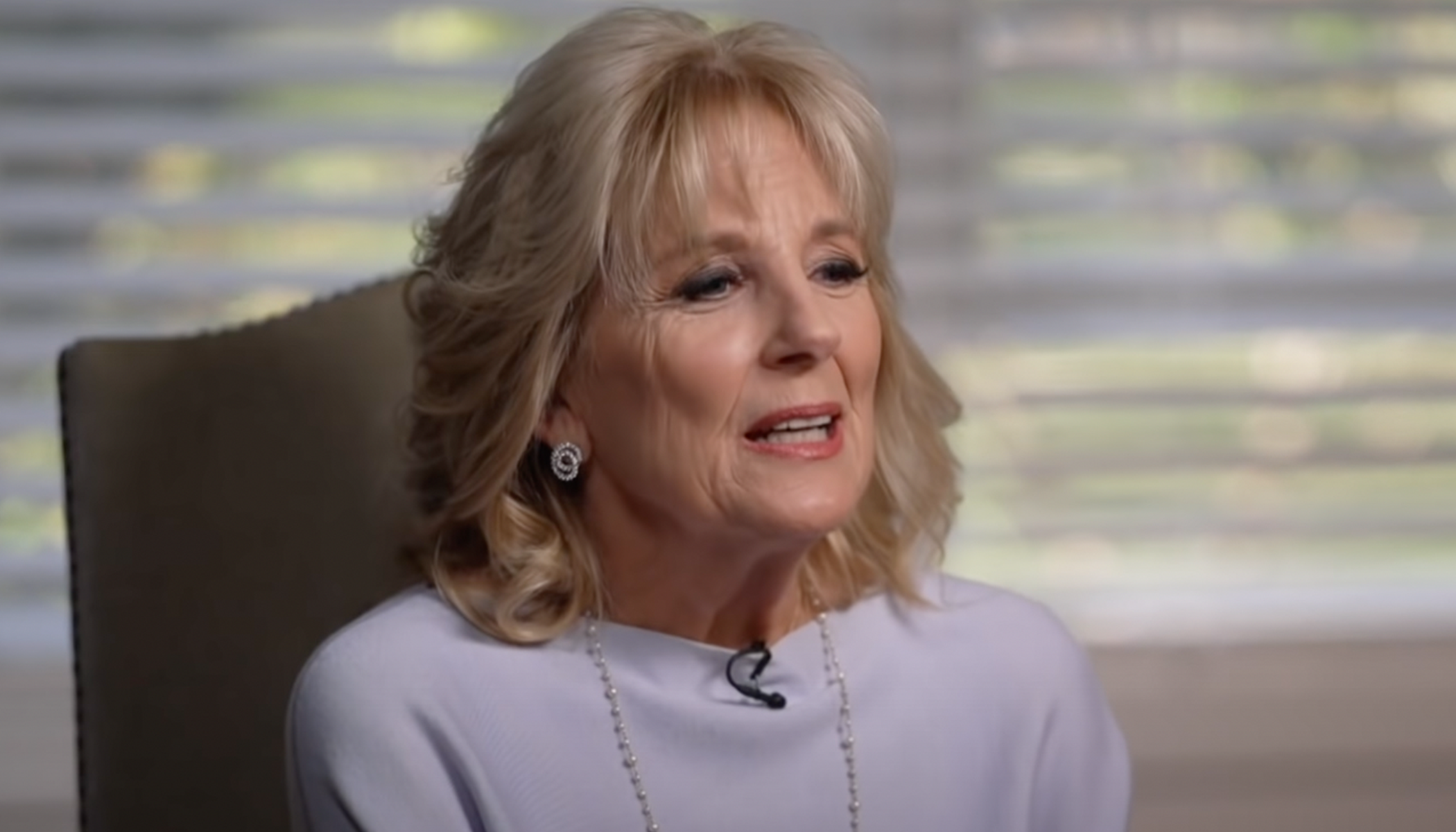RFK Jr. Granted Legal Go-Ahead to Challenge Biden on Censorship
A recent Louisiana court ruling has empowered Robert F. Kennedy Jr. and his organization, Children's Health Defense, to pursue a lawsuit against the Biden administration over claims of coerced censorship on social media.
The decision by the federal district court stands in sharp contrast to a 6-3 U.S. Supreme Court ruling that denied standing in a similar recent case, as the Washington Examiner reports.
This pivotal legal development occurred this week, as U.S. District Judge Terry Doughty, a Trump appointee, affirmed that Kennedy and his charity possess the necessary legal standing to proceed with their claims against the government.
Judge Doughty's ruling highlighted that the evidence presented could likely prove that the suppression of Kennedy’s and his charity's content on platforms such as Facebook, Instagram, and YouTube was due to governmental influence.
The lawsuit specifically addresses alleged government pressures that led to the censorship of their viewpoints, particularly those concerning COVID-19 policies like vaccine mandates and lockdowns.
Legal Implications of the District Court Ruling
This ruling is particularly significant as it diverges from the Supreme Court's recent stance in Murthy v. Missouri. In June, the Supreme Court found that the plaintiffs in that case did not show adequate evidence of direct harm inflicted by the government's actions, thus lacking standing.
However, in Kennedy's case, Judge Doughty concluded that there was a "substantial risk" of ongoing similar harms, which substantiates their standing in court.
The decision emphasizes that the government's role in content moderation, while influential, does not absolve the social media platforms, which also exercise their discretion in these matters.
Chronological Overview of Case Development
The progression of this case reflects a broader dialogue on freedom of speech and the role of government in regulating online discourse. Kennedy's consistent effort to challenge perceived overreach has culminated in this significant legal victory.
Following the district court's decision, the case is expected to move back to the 5th U.S. Circuit Court of Appeals for further consideration. Previously, the appeals court had upheld parts of Judge Doughty’s injunction related to similar censorship disputes.
The implications of this ongoing legal battle are extensive, potentially setting precedents for how governmental influence over online platforms is perceived and adjudicated in the United States.
The Legal Strategy of Children’s Health Defense
Kim Mack Rosenberg, the general counsel for Children's Health Defense, expressed satisfaction with the ruling, noting that the court's thorough analysis affirmed their standing and potential to succeed on their claims.
"The court’s analysis led to the correct conclusion with respect to standing for CHD and Mr. Kennedy," Rosenberg stated, highlighting the legal acumen behind their approach to challenging what they perceive as unwarranted censorship.
The broader implications for free speech, particularly concerning controversial health policies and government interaction with private tech giants, are now poised to be scrutinized under judicial review once again.
Further Legal and Public Reactions
The public and legal spheres are closely monitoring this case, given its potential to influence the dynamics between government bodies and social media platforms on matters of public discourse.
Doughty’s words, stating that Kennedy is "likely to succeed on his claim that suppression of content was caused by actions of Government Defendants," resonate as a potent reminder of the ongoing debate over free speech and censorship.
Moreover, Justice Amy Coney Barrett’s comments in the previous Supreme Court ruling add another layer of complexity, in that she noted her belief that while the government played a role, the platforms themselves are not mere conduits but active participants in content moderation.
The Significance of Standing in Free Speech Cases
This case underscores the critical nature of establishing standing in legal battles concerning free speech and government interference. The distinct outcomes between the Supreme Court and the district court illustrate the nuances involved in such legal challenges.
As the case returns to the appellate level, the legal community and public alike await further clarifications on these pressing free speech issues, which could have far-reaching effects on how speech is regulated online in the future.
The district court's ruling not only reaffirms Kennedy's legal standing but also sets the stage for a renewed examination of the interplay between government influence and freedom of expression on digital platforms.






